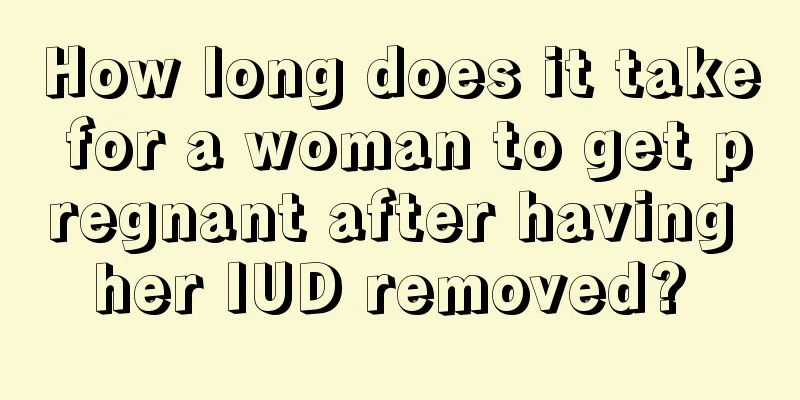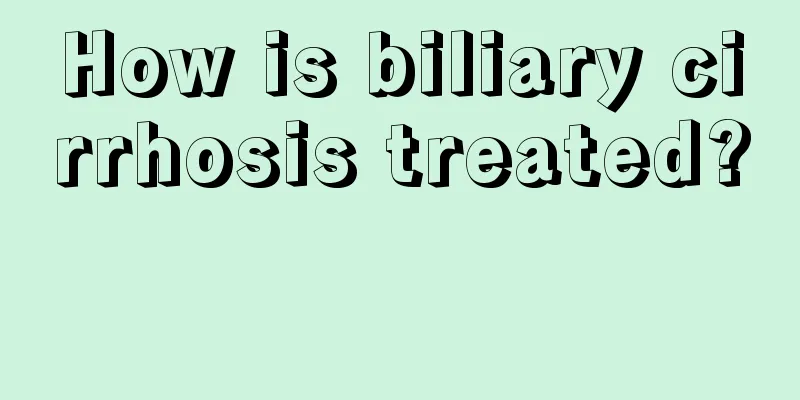What are the effects of wisdom tooth extraction

|
If wisdom teeth do not grow in completely and pain and inflammation occur, you need to pay attention to the correct solution, because some patients may even have fever, difficulty eating, and other physical complications, so it must be solved correctly. 1. How harmful is tooth inflammation? Endodontic treatment does not cause much harm. But once its treatment is neglected, the consequences will be serious. In mild cases, the patient may suffer from fever, difficulty eating, and limited mouth opening; in severe cases, the patient may suffer from maxillofacial space infection and even systemic complications such as septicemia and sepsis. 2. What kind of wisdom teeth should be removed? Those whose wisdom teeth are in abnormal position and form gaps with adjacent teeth; those whose wisdom teeth are in normal position but whose crowns are covered by bone tissue or gingival flaps and who often suffer from inflammation, swelling and pain of the pericoronal soft tissue; those whose wisdom teeth are already decayed or have pulpitis and it is inconvenient to undergo endodontic treatment; and those who need orthodontic treatment, such as preventing the posterior teeth from moving forward and preventing the front teeth from getting more crowded, can all consider extraction. 3. What kind of wisdom teeth should be retained? If the wisdom tooth is in a relatively correct position and is expected to erupt normally; if there is no history of inflammation and pain in the soft tissue around the wisdom tooth, and no caries on the wisdom tooth; if there are opposing teeth and an occlusal relationship; if the blind pocket can be eliminated through gingival flap resection, then consideration should be given to retaining the wisdom tooth. 4. What are the consequences of extracting all the first teeth? Extracting the first teeth has no effect on oral function. 28 teeth are able to complete various functions such as chewing and pronunciation. Extracting the "end teeth" generally does not cause the front teeth to loosen. Except for one situation, that is, the "end tooth" is horizontally impacted, and its crown is located at the root of the front teeth. After tooth extraction, the front teeth may become temporarily loose due to the loss of support from the back teeth, but they can gradually regain stability. |
<<: What should I do if I have a sore throat and a stuffy nose
>>: What's going on when my throat hurts and my ears itch?
Recommend
What's the matter with dizziness
Many women do not understand what symptoms they w...
What causes rectal cancer
Rectal cancer is a common malignant tumor, which ...
How to improve the quality of sleep at night?
The pressure of urban life is getting greater and...
What are the common symptoms of small cell lung cancer
Small cell lung cancer is a type of cancer. Most ...
Is late-stage uterine cancer contagious?
Uterine cancer has a very high incidence rate amo...
What causes breast cancer in men? 6 ways to help you judge breast cancer
What causes breast cancer in men? Here are 6 ways...
Does chemotherapy for gastric cancer require hospitalization?
Does chemotherapy for gastric cancer require hosp...
Can breast cancer patients eat pumpkin?
Breast cancer patients should develop good eating...
How to diagnose liver cancer? Four common examination methods for diagnosing liver cancer
In general, the common methods for diagnosing liv...
Can microneedles shrink pores?
Pore shrinking is very popular now. Some people...
How to prevent teratoma from recurring
Once a teratoma is diagnosed, early surgical rese...
Body organs have memory! Minor problems in the 6 major organs are prone to recurrence
Some experts pointed out that when adverse extern...
The difference between star anise and fennel
There is a big difference between star anise and ...
How long can one live with laryngeal cancer?
Hoarseness is the earliest sign of laryngeal canc...
What to do with abdominal bloating and constipation
Abdominal bloating and constipation are very comm...









